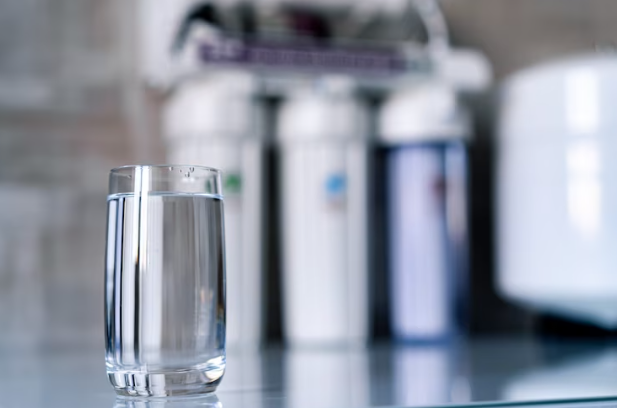Water is essential for life, and the quality of the water we consume matters. With various options available in the market, it's crucial to understand the distinctions between different types of water. Among the most commonly debated are filtered water and distilled water. While both seem similar, they serve different purposes and undergo distinct processes. In this article, we delve into the characteristics of filtered water and distilled water to determine whether they are indeed the same.
Filtered Water: Filtered water undergoes a process where impurities and contaminants are removed through various filtration methods. These methods may include activated carbon filters, reverse osmosis, or other filtration techniques. The goal is to improve the taste, odor, and overall quality of water by eliminating particles, bacteria, chlorine, and other pollutants.
Filtered water is widely available, either through filtration systems installed at home, pitcher filters, or commercially bottled water labeled as "filtered." It's often considered a healthier alternative to tap water, as it reduces the presence of potentially harmful substances while retaining essential minerals.
Distilled Water: Distillation is a process that involves boiling water to produce steam, which is then condensed back into a liquid form. This process effectively removes impurities, minerals, and contaminants, leaving behind pure water molecules. Distilled water is free from minerals, chemicals, and microorganisms, making it one of the purest forms of water available.
Due to its purity, distilled water is commonly used in laboratories, medical facilities, and certain industrial processes where absolute purity is required. It's also used in household appliances such as steam irons and humidifiers to prevent mineral buildup and prolong their lifespan.
Differences Between Filtered Water and Distilled Water:
-
Purification Process:
- Filtered water: Filtered through various physical or chemical methods to remove impurities.
- Distilled water: Purified through the distillation process, which involves boiling and condensing water to remove contaminants.
-
Mineral Content:
- Filtered water: Retains essential minerals present in the water source.
- Distilled water: Lacks minerals due to the distillation process, resulting in a flat taste.
-
Applications:
- Filtered water: Suitable for drinking, cooking, and everyday use.
- Distilled water: Primarily used in specialized applications where purity is paramount, such as medical procedures, laboratory experiments, and certain industrial processes.
In conclusion, while both filtered water and distilled water undergo purification processes to improve their quality, they are not the same. Filtered water retains essential minerals and is suitable for general consumption, while distilled water is purified to the point of removing all minerals and contaminants, making it suitable for specific applications where purity is critical.
Ultimately, the choice between filtered water and distilled water depends on individual preferences, intended use, and specific requirements. Whether you opt for the convenience of filtered water or the purity of distilled water, ensuring access to clean and safe drinking water should always be a priority for maintaining good health and well-being.
Shop Awesome Water®'s water filtration range today...

